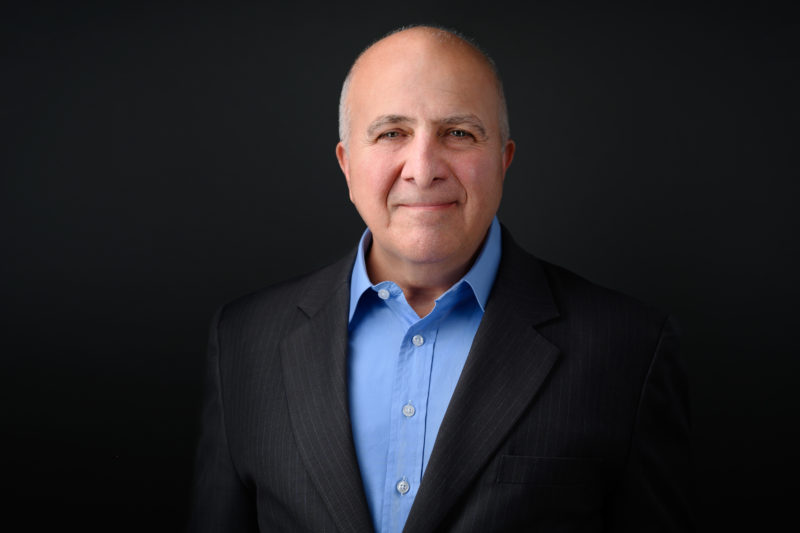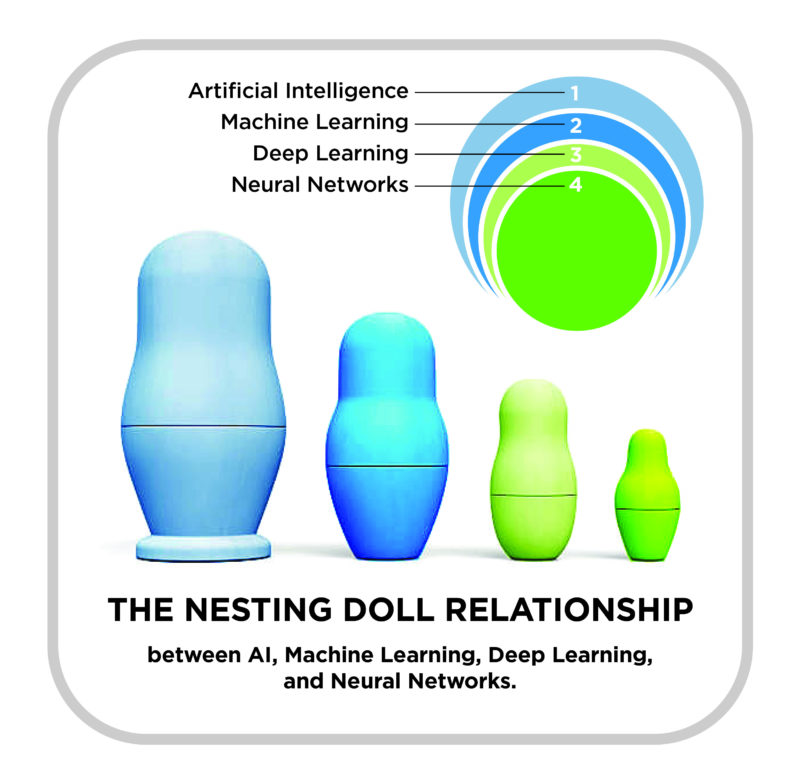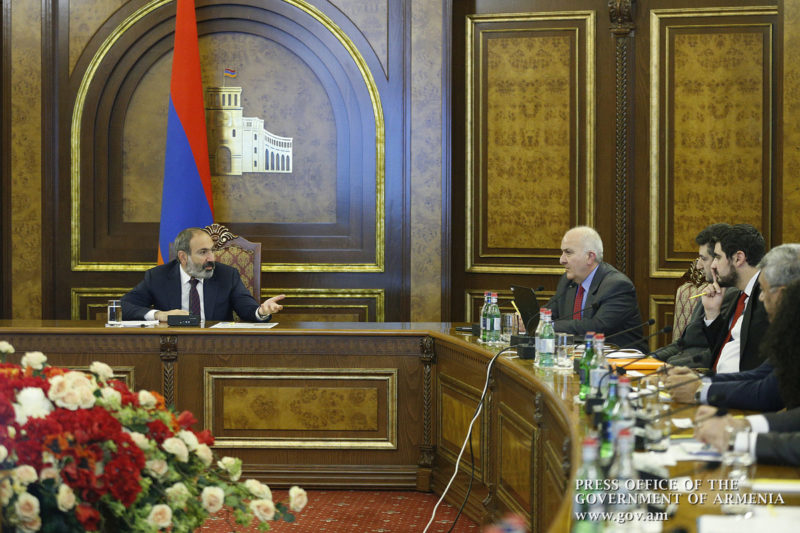WATERTOWN — Like many of us, I usually tend to keep up with developments in technology as they reach us in dribs and drabs, without really paying attention to the overall picture. Yet according to some experts, we are in a period of transformation of all aspects of life and society as revolutionary as that of the original Industrial Revolution. Healthcare entrepreneur and global business expert Harry Glorikian, an Armenian-American based in the Boston area, focuses our attention on how artificial intelligence (AI) and big data during this transformation affect healthcare in his new book The Future You: How Artificial Intelligence Can Help You Get Healthier, Stress Less, and Live Longer (Dering Harbor, New York: Brick Tower Press, 2021).
The book several months ago was on the top ten list of Amazon.com best-sellers and comes highly recommended. For example, New York Times bestselling author of 14 books on nutrition and health, and a television medical correspondent, Bob Arnot, M.D., in his brief introduction in the book recommends it be turned into the centerpiece of your coffee table. He exhorts, “It can make all the difference in the quality of your life.”
It is 272 pages long, including 52 pages of references to articles, which are mostly accessible online, but in its core sections, it is a fast-moving and lively work intended for a broad audience. Artificial intelligence is the simulation of human intelligence processes by machines, or in other words the ability of a device to teach itself to learn and think. Glorikian examines its use along with “big data” and predictive analytics in healthcare and proclaims at the start of his book “There’s not a person among us who isn’t going to feel the effects of this AI revolution, and it’s going to utterly transform the healthcare system as we know it today.”
Glorikian’s Expertise
At the start of the book, Glorikian relates how he came into this field. His story began in 1984, when as a 19-year-old, he worked for a man in the computer education business who also invented a type of computer to help him predict winning bets on roulette and other games of chance. This was his first insight into the benefits of predictive analytics and throughout most of his career, he wrote, he would “peer down the pike and tell my employer, fellow executives, or investors which products or business model will be the next best thing in healthcare” (p. 13).

Flashing forward to 1999, Glorikian ends up working for Applied Biosystems, where scientists worked on the mapping of the human genome, combining the use of biology and information technology. Meanwhile, when his sister-in-law and husband are visiting and he is touring them around the Boston area, he came up with the idea of using GPS data to provide information on touristic sites or restaurants in the vicinity of travelers but was not able to break into what then was the telecom industry.










